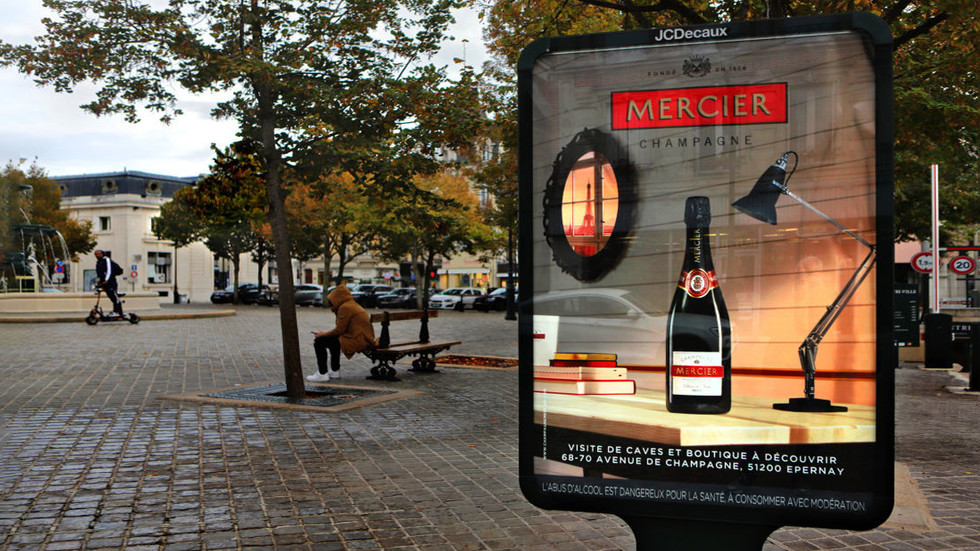Recent investigations have revealed alarming practices concerning seasonal workers at vineyards supplying luxury champagne brands in France, particularly in the town of Epernay, known for housing high-end labels like Dom Perignon and Moet & Chandon. Many of these workers, primarily from West Africa and Eastern Europe, have been reported sleeping rough on the streets or in makeshift tents due to the absence of accommodation provided by the vineyards. The investigation highlighted that dozens of workers were found camping out near a cinema opposite the town’s main train station, revealing a stark contrast to the opulence associated with the champagne industry in a town that generated over €6 billion in revenues from champagne shipments in 2023, totaling an impressive 299 million bottles.
The grape-picking season in Epernay runs from August to October, and this year’s crop was estimated at 10 tons per hectare. However, many workers stated that they were either underpaid or not compensated at all for their labor. Some reported that they were not provided with sufficient food, leading them to resort to stealing to survive. A retired winegrower described the treatment of these workers as inhumane, asserting that those who exploit them are not true winegrowers but rather opportunists exploiting labor for profit. The previous year’s grape-picking season was infamously termed “the harvest of shame” following the tragic deaths of four seasonal workers alleged to have succumbed to sunstroke while laboring under relentless conditions.
To address these issues of exploitation, a case set for court in March includes charges of human trafficking against four individuals, one of whom is a vineyard owner. Many human rights advocates and labor unions have raised concerns regarding the difficulty of holding specific champagne maison accountable for these exploitative practices due to a convoluted system where responsibilities are transferred between various companies. This lack of accountability makes it challenging to enact concrete changes within the industry, underscoring a need for systemic reform to protect vulnerable seasonal workers.
In response to the unfolding crises, Comite Champagne, the industry’s governing body, expressed its dismay at the “shameful practices” revealed by the investigation. They called for authorities to enhance controls and impose severe penalties on those found guilty of exploiting workers. This reaction comes at a time when the industry faces its own set of challenges, including a reported decline in shipments attributed to geopolitical tensions and inflationary pressures affecting global markets.
While the spotlight is now on these injustices, it highlights a broader moral dilemma within the luxury goods sector, where the pursuit of profit often overshadows ethical considerations regarding human rights. As consumers increasingly embrace corporate responsibility, the potential exists for a cultural shift within the industry that prioritizes humane practices and the dignified treatment of all workers, irrespective of their origins. Despite the luxury associated with champagne brands, the conditions exposed raise fundamental questions about the human cost of indulgence in high-end products.
In conclusion, the plight of seasonal workers in Epernay’s champagne vineyards serves as a grim reminder of the exploitation that can occur within supply chains serving elite brands. The intervention of industry organizations, legal proceedings, and public outcry is crucial in holding exploitative entities accountable and improving conditions for these vulnerable workers. As the narrative unfolds, it is essential for the industry, regulators, and consumers alike to reflect on how luxury can coexist with ethical labor practices, ensuring that the very hands that harvest these grapes are treated with respect and dignity.

